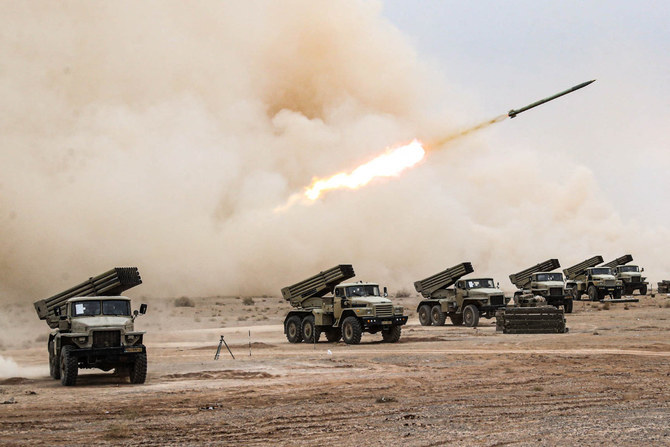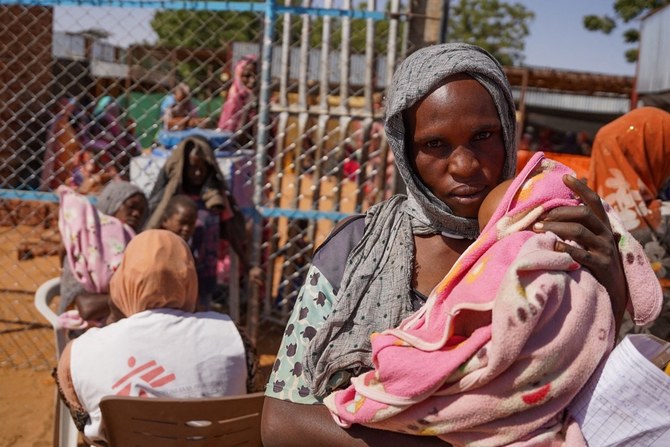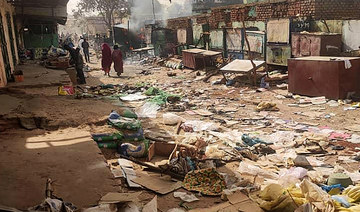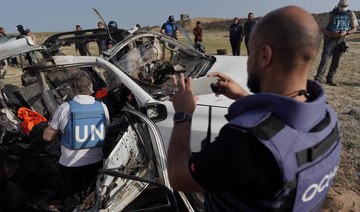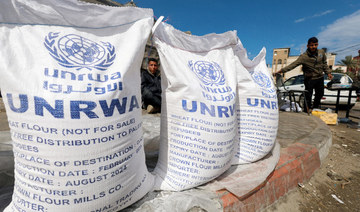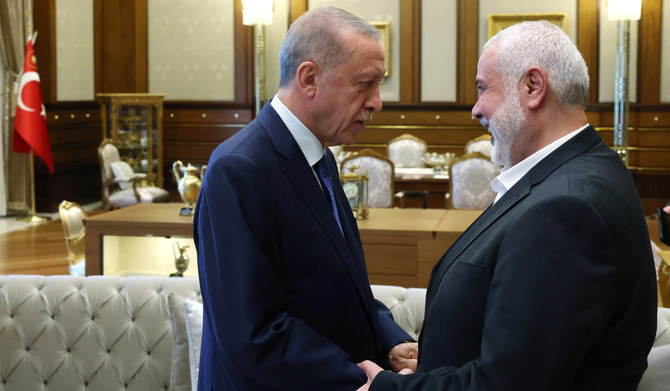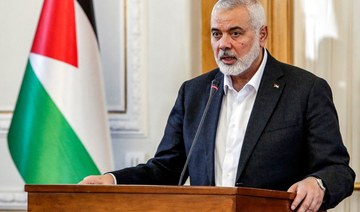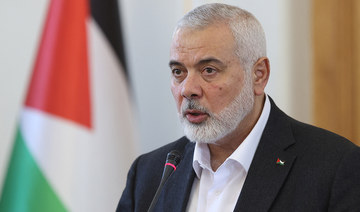DUBAI: Breast cancer is the most common form of the illness diagnosed in women worldwide. If caught early, the prognosis for survival is reassuringly high. But a lack of awareness, common myths and fear of bad news causes far too many women to delay getting checked.
In Arab countries, breast cancer is the most frequently diagnosed form of the disease. One recent study found 17.7 to 19 percent of all new cancer cases across the region in 2018 were breast cancer diagnoses.
That is why every October is Breast Cancer Awareness Month, when experts meet to discuss the latest treatments, charities raise awareness and private clinics offer special discounts on tests and screenings.
Cancer survivors are frequently asked to share their experiences, whether in small private groups or at large public gatherings, and the distinctive pink ribbon synonymous with the cause proliferates on blouses and lapels the world over.
While pandemic restrictions have forced many events online, this year has been no exception. And the message is getting across. Oncologists, surgeons, radiologists and other medical practitioners in the field are often fully booked this time of year.
“I think the essence is to try and get the whole world to just refocus,” Dr. Millicent Alache Bello, a renowned breast surgeon at King’s College Hospital in Dubai, told Arab News.
“It is important all through the year that breast education and breast awareness continues. However, a specific month for people to just refocus and take stock is vital.”
Women are recommended to begin getting annual mammograms from the age of 40, when the likelihood of developing breast cancer increases.
“In this part of the world, screening is not something done nationally. Screening is done ad hoc, meaning people go when they feel like it,” said Bello.
In the UK, general practitioners working for the taxpayer-funded National Health Service keep detailed medical records on every patient and remind them when they are due to receive a screening exam. This is not the case in Arab countries, where health services are insurance-based.
King’s College Hospital in Dubai wants to imitate the British system and to begin reminding its patients when they are due a check-up. It has already started compiling patient data and will soon offer mammograms at a cost of AED 350 ($95).
Routine check-ups and on-time screenings pay off. “The point where a woman feels a lump in her breast is not the point when the breast cancer started,” Bello warned. “Sometimes, it started before that period, anything up to 12, 14 or 24 months earlier.”
That is why it is so important to get screened regularly before the trouble signs emerge.
Catherine, a British cancer survivor in her 40s, says she used to be disciplined with her screening appointments, often getting tested twice a year. But after having children, she began neglecting her checks. It was during this six-year window that she developed a lump.
“I was so busy being a mom, I just forgot about myself,” Catherine told Arab News. By the time she was diagnosed, the tumor in one of her breasts already measured eight centimeters in diameter.
After a double mastectomy, the pathology report showed her other breast also contained three cancerous lumps. “I was very pragmatic about it. I didn’t feel this massive emotional connection to my breasts. If they try to kill me, they have to go,” she said.
Women should not make the same mistake and neglect their health, she says, even when other life pressures take over. Now Catherine devotes her time to charity work during Breast Cancer Awareness Month to raise funds and awareness.
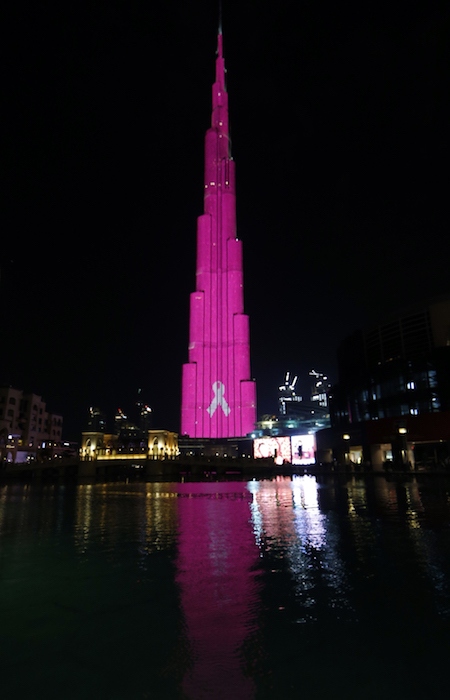
Joining her is Ghozlan, an Arab woman and fellow survivor, who says she discovered a lump in her breast while exercising. She traveled to Europe for treatment and opted for reconstruction.
“I am a woman who cares about her femininity and I can’t live without it,” Ghozlan told Arab News, describing her breast implant, which must be replaced every 10 years. “It was not what I expected. It wasn’t a great result but it is better than nothing. I have been through hell, and now I accept what I have. I am living with it, but I have some side effects because of the implant.”
Ghozlan is now anxiously awaiting her next check-up with her doctor in Europe, which had to be pushed back due to coronavirus travel restrictions.
Another woman fundraising for Breast Cancer Awareness Month is Gina, a 58-year-old who, like Catherine, underwent a double mastectomy. Unlike Ghozlan, she was unable to undergo reconstructive surgery.
INNUMBERS
Breast Cancer
* 2.1m Women diagnosed with breast cancer each year.
* 627,000 Estimated breast-cancer deaths in 2018 (WHO).
* 50 Age above which women are most at risk.
* 17.7-19% Share of all cancer cases in Arab world in 2018.
* 20% Drop in mortality due to regular mammograms (WHO).
“Due to my autoimmune disease, the chances of the prosthesis being rejected by my body was very high,” Gina said. “It was not my voluntary choice. It was a shock to me. I must admit, even today, after five years, I have not 100 percent accepted this situation.”
Gina has since resigned from her job to commit herself entirely to charity work.
With the evolution of technology and other scientific advancements, doctors are getting even better at detecting potential problems — faster and more accurately.
The triple assessment — clinical examination, imaging and biopsy — has changed little over recent years, but equipment offering more sensitive scans has developed in leaps and bounds while surgery techniques have become more refined.

Participants take part in the Pink Caravan Ride in Dubai, a UAE breast cancer initiative. (AFP/File Photo)
“It is the oncology, the medicine we give for hemotherapy and the endocrine treatments — they have moved on in quantum leaps, which is fantastic news,” said Bello.
Scientists have come to understand that treatment plans are not always the same for all breast cancer patients and that the most effective surgeries and therapies are unique to the individual.
“No two women have the same breast cancer,” said Bello. “Every woman’s cancer is different because the genetic composition is different. This is why people are doing better now, because the treatment is tailored individually.”
But this can also mean reconstruction surgery is not an option for everyone, and is dependent on body type, the extent of the cancer, the patient’s medical history and personal preference.
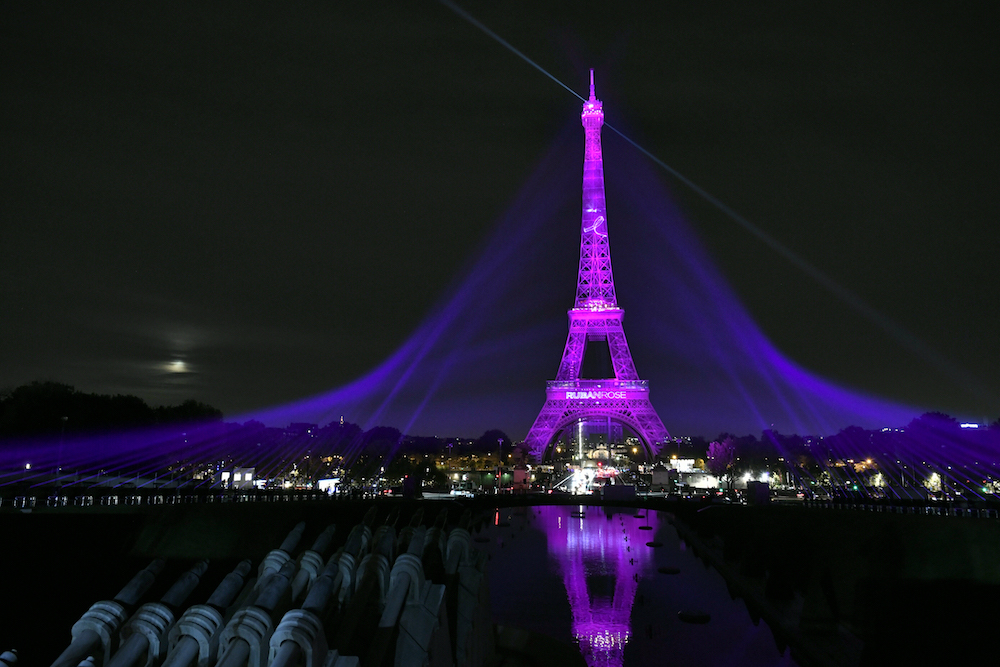
A picture taken on October 1, 2020 shows the Eiffel Tower illuminated in pink to mark the start of "Octobre Rose" (Pink October) or Breast Cancer Awareness Month in Paris. (AFP/File Photo)
“Reconstruction is designed to improve your well-being; it is not supposed to interfere with cancer treatment,” Bello said.
High-income countries in Europe and North America appear to have much higher rates of breast cancer largely because screening and early detection are so prevalent. With a more limited testing capacity, the Arab world appears to have a lower rate of cases — but also a high mortality rate.
A retrospective epidemiological study conducted in 2012 found that breast cancer was the leading cause of death among Saudi women.
However, a paper published in 2018 by the Journal of Epidemiology and Global Health said: “Although the incidence of breast cancer in Arab countries is rising, it is still less than the global average and only one-fifth of that in Western Europe.”
But now is not a time for complacency. Breast Cancer Awareness Month is a reminder to all women to get themselves checked and for governments to invest in clinics and vital research.
-------------------
Twitter: @jumanaaltamimi






